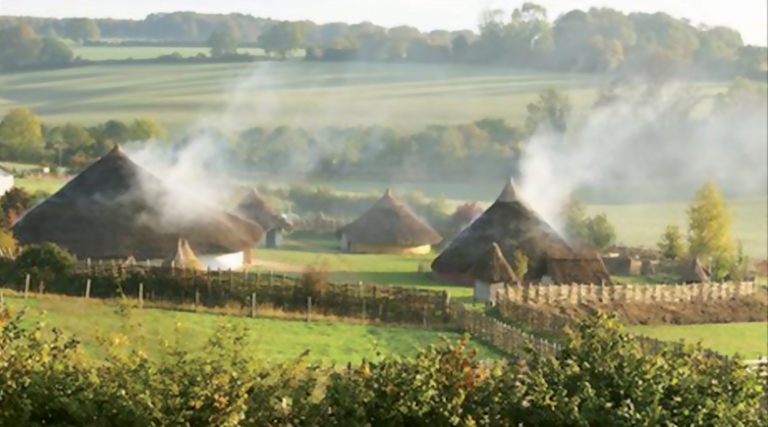Indeed I think Dacia can be a place from where to project power all around, but the eastern side would still be vulnerable and needs it's Hadrian wall based upon the rivers, which are much shorter than the Danube... but let's not get too far ahead and go back to the story
 Rome, winter 119 CE
Rome, winter 119 CE
Hadrianus was once more meeting his concilium behind closed doors, settling some of the many matters that demanded his attention. The Parthians were once more agitating the Jews, and there were the most disturbing information about troubles brewing in the German territories.
The Emperor was not planning on participating in any war by himself, having decided to let his generals handle this business without him, but he still needed to make sure they’d get enough money and enough men to accomplish their tasks, and of course all the others things armies needed to operate inside and outside of the Empire.
At least the borders of the trans-Danubian provinces were quiet, and he had the possibility to redispatch some of the forces concentrated there back to their original units. Of course there was always a risk for revolt in the region, but he thought it would not happen for at least half a decade : three wars fought on this land in less than twenty years had left the area much depopulated, especially with his resettlement program.
His mind so went his own way until a word brought him back to the meeting. Yes, what to do with the talented Caius Cassius Voltinius ? Well the solution being presented by the Ab Epistulae looked good, a military command in Britannia might be a good idea for his next position, but not before he’d spent a year in Rome during which he’d hold a consulship for one month, maybe in December with Hadrianus himself for colleague ?
Britannia was also a thorn in the Empire’s side, with a lot of troops required to defend the area against the barbarians from the north and any attempt by the already subjugated tribes to rise in revolt as they had done under Boddica, in the time of the damned Nero. Actually there was a revolt currently under way at the very moment, although the forces in theater under the command of Pompeius Falco seemed sufficient to take care of things.
Abandoning the island, as he’d once thought about, would not do, not after all the investments which had been done. He would simply not survive politically from such an abandonment. It was one thing to let go of dangerously exposed mesopotamian lands when one’s rear was threatened by insurrection, it was quite a different thing to abandon what had been a province for more than a century.
As he was entertaining this train of thoughts, Hadrian let his eyes roam the large mosaic map that showed the limits of his Empire. They were really but two solutions to the dilemma of Britannia, either build a wall to protect the south from the savages or invade and beat them into submissions, finishing what the general Agricola had not been allowed to end fifty years earlier.
While such solution might not allow for an immediate withdrawal of the troops toward the Rhine border, it would make it possible in the longer term, especially if a good deal of the population was killed or enslaved with troublesome peoples exiled there in their stead and fighting for sheer survival in an unfamiliar environment where the Empire would be their only guaranty of safety. So far from the East the Jews would not be influenced by the Parthians anymore…
But it was no use making plans now. He’d go to Britannia himself and see what the situation looked like before taking any decision. Maybe he’d even give Voltinius his first independent theater command, although he had to be careful not to create a threat to himself such as Agricola had been to the damned Domitianus…
